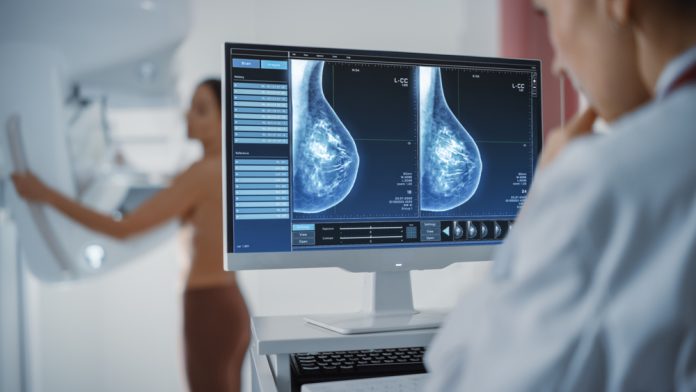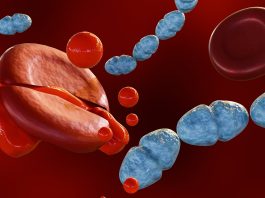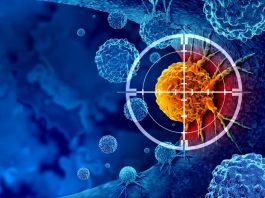Nearly 700,000 women across the UK will take part in a world-leading trial designed to test the effectiveness of artificial intelligence (AI) in detecting breast cancer earlier.
This initiative aims to enhance breast cancer screening efficiency, reduce waiting times, and improve survival rates by leveraging cutting-edge technology.
Professor Lucy Chappell, Chief Scientific Adviser at the Department of Health and Social Care (DHSC) and Chief Executive Officer of the National Institute for Health and Care Research (NIHR), commented: “This landmark trial could lead to a significant step forward in the early detection of breast cancer, offering women faster, more accurate diagnoses when it matters most.
“It is another example of how NIHR research, shaped and funded by the public, is crucial for rigorously testing world-leading new technologies, such as AI, that can potentially save lives while reducing the burden on the NHS.”
AI integration in NHS breast cancer screening
As the government embraces technological advancements, 30 NHS screening sites will be upgraded with the latest AI-driven digital tools.
Women already scheduled for routine mammograms will be invited to participate in the trial. AI technology will assist radiologists by analysing breast tissue images, identifying potential signs of cancer, and flagging abnormalities for further examination.
Currently, two specialists are required to assess each mammogram. However, AI-supported breast cancer screenings will allow a single radiologist to complete the process accurately and safely.
If successful, this approach could free up hundreds of medical professionals, allowing them to focus on patient care and addressing the rising demand for breast cancer screenings.
EDITH Trial: Pioneering innovation in breast cancer detection
The initiative, known as the EDITH trial (Early Detection using Information Technology in Health), is backed by £11m from the NIHR.
This investment underscores the UK’s commitment to harnessing innovative medical technologies to combat one of the nation’s most prevalent diseases.
Breast cancer remains the most common cancer among women, with approximately 55,000 diagnoses annually.
The NHS invites women aged 50 to 71 for screenings every three years, with the programme conducting around 2.1 million mammograms annually, preventing an estimated 1,300 deaths.
By incorporating AI, the trial aims to improve early detection rates, potentially saving even more lives.
A new National Cancer Plan is in the works
As part of a broader effort to enhance cancer care, the UK Government is developing a National Cancer Plan.
This initiative, shaped by insights from cancer patients, medical professionals, and experts, seeks to improve research, diagnosis, treatment, and prevention strategies.
During an event hosted by Macmillan Cancer Support on World Cancer Day, the Health and Social Care Secretary will launch a call for evidence to guide this plan.
With cancer remaining one of the leading causes of death in the UK – claiming a life every four minutes – efforts to enhance early detection and treatment are paramount.
Strengthening cancer research and treatment
In addition to AI-driven screening, the government is launching the UK Collaborative for Cancer Clinical Research.
This initiative will enhance coordination, direct investment, and accelerate breakthroughs in cancer treatment.
Hosted by the Association of Medical Research Charities, the Collaborative will unite experts across research fields to address key challenges and drive innovation.
Last week, the government pledged to accelerate cancer diagnosis and treatment. By March 2026, an additional 100,000 patients annually will receive a diagnosis or all-clear within 28 days, and 17,000 more individuals will commence treatment within two months.
NHS England has raised its diagnostic target to ensure 80% of patients receive a timely diagnosis – an improvement from the current 77% target.
A step towards a cancer-free future
The integration of AI into breast cancer screening represents a transformative step in the fight against cancer.
By leveraging technology to enhance early detection, streamline diagnostics, and optimise patient care, the UK is setting a global precedent in cancer prevention and treatment.
As these advancements unfold, they hold the potential to save thousands of lives and pave the way for a future where cancer is detected earlier and treated more effectively.









